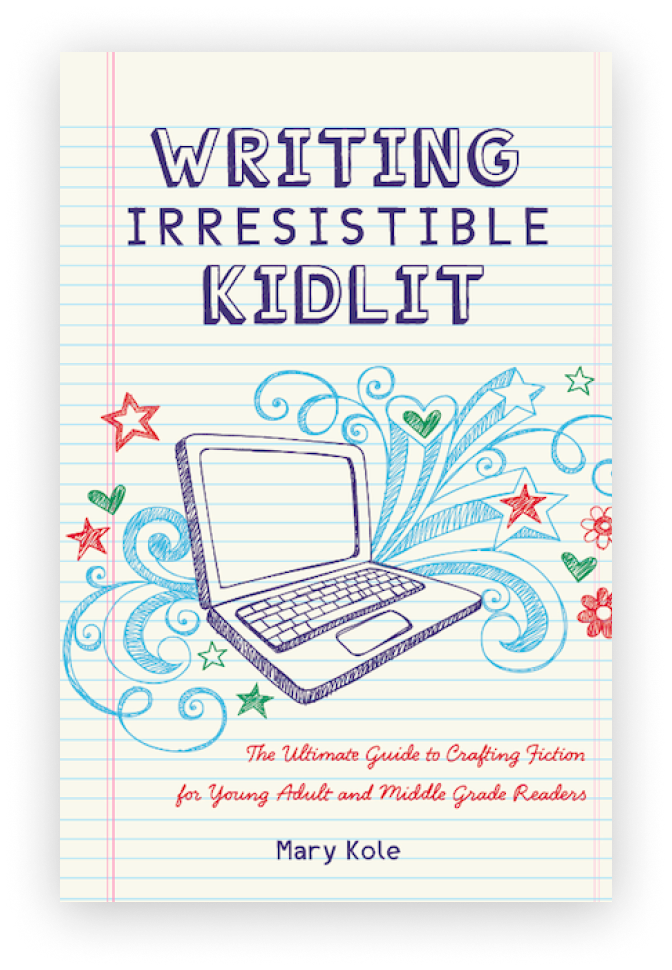What Is Upmarket Fiction?
By Mary Kole
Mary Kole is a former literary agent, freelance editor, writing teacher, author of Writing Irresistible Kidlit, and IP developer for major publishers, with over a decade in the publishing industry.
In the world of book publishing, there are countless genres and categories of fiction that you might want to write when you have a book idea. One of the more genre terms that has recently emerged as a category of interest is upmarket fiction, which combines the evocative writing and character development qualities of literary fiction with the tight pacing and robust plotting appeal of commercial fiction. But what exactly is upmarket fiction, and what are the key elements that make this designation unique? In this article, I’ll explore the world of upmarket fiction and offer tips on how to write and publish your own upmarket novel.
What is Upmarket Fiction?
Upmarket fiction is a genre that straddles the line between literary and commercial fiction. It combines the high-quality writing and artistic merit of literary fiction with the plot-driven, commercial appeal of popular fiction. Upmarket fiction is often described as "book club fiction," as it often deals with complex themes and relatable characters that are easily compelling to readers. Scroll through recent selections for any number of national book clubs for examples.
Key Elements of Upmarket Fiction
If you're an aspiring author looking to write upmarket fiction, there are several key elements to keep in mind. First and foremost, upmarket fiction should have a literary quality to it, meaning that the writing itself should be of a high caliber, using compelling writing voice, writing imagery, and other narrative techniques. Additionally, upmarket fiction usually deals with complex themes and explores the human condition in a nuanced and thought-provoking way. Characters in upmarket fiction should be fully-realized and multi-dimensional, with flaws, needs, objectives, motivations, and strengths that make them relatable to readers. Finally, upmarket fiction should have a strong, well-crafted plot with conflict, tension, and stakes that keeps readers engaged and invested in the story.
Once you've written your upmarket novel and gotten third-party feedback from your critique group or a developmental editor, the next step is to start pitching it to agents and publishers. When pitching your book, focus on highlighting the literary qualities of your writing while also emphasizing the commercial appeal of your premise. Comparative titles and a snappy logline can be very helpful with pitching upmarket fiction. Make sure to research the agents and publishers you're submitting to, and tailor your pitch to their specific interests and needs. Query personalization works well for this purpose. Finally, be patient and persistent. It can take time to stand out in the slush pile and find the right agent or publisher for your book.
Considerations of Upmarket Fiction and Related Genres
If upmarket fiction doesn't feel like the right fit for your writing style, there are several other related genres that you could explore. Literary fiction often deals with many of the same themes and elements as upmarket fiction, but may be more focused on character and language than overt novel plot. Commercial fiction, on the other hand, is usually more plot-driven and focused on satisfying the reader's desire for entertainment. It breaks down along genre lines, with specific genre expectations for each target audience, like thriller and mystery, or romantic comedy. Finally, women's fiction is a genre that is often used interchangeably with upmarket fiction and domestic thriller, as these often deal with complex female characters and explore themes of family, relationships, and identity.
In conclusion, upmarket fiction is a fascinating and popular genre that offers a blend of literary quality and commercial appeal. For aspiring authors looking to write upmarket fiction, it's important to focus on crafting well-written, complex characters and themes that resonate with readers. By carefully pitching your book and potentially exploring related genres for your work, you can find success as an upmarket fiction author and join the ranks of other successful writers in this genre.

Click here to purchase Writing Irresistible Kidlit, my book on fiction craft for MG and YA novels, out from Writer's Digest Books. This will show you my writing craft philosophy and give you lots of valuable advice, including tips for the novel revision process and self-editing. There are over 35 example novels cited and discussed throughout. It’s a valuable resource for any writer’s toolkit.
Click here to purchase Irresistible Query Letters, my book on query letters, including over forty examples with comprehensive notes on each one. There’s a ton of submission advice, best practices, and insider information in these pages, and you’ll really enjoy seeing what other writers are doing in the slush.




